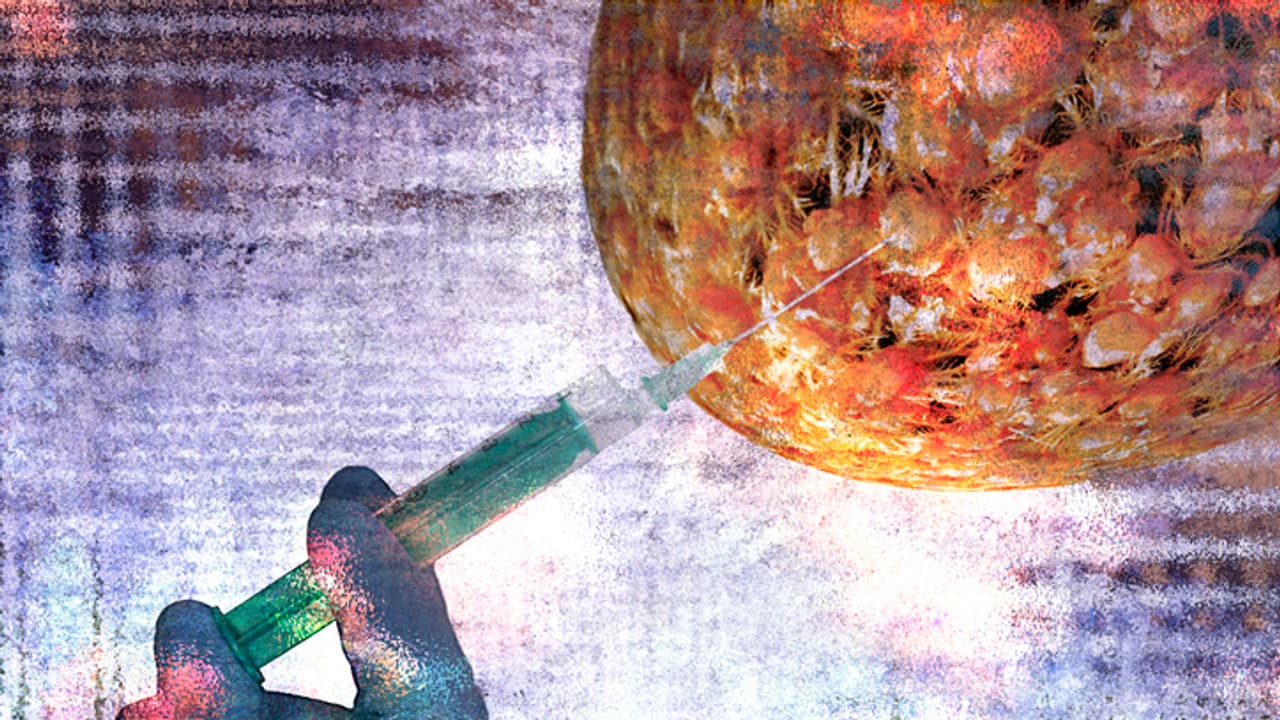Russia announces the launch of its groundbreaking mRNA-based cancer vaccine in 2025, integrating AI to revolutionize personalized cancer treatment.
In what experts are calling a landmark breakthrough, Russia has announced the development of its first mRNA-based cancer vaccine. The vaccine, which is expected to be launched and distributed to patients free of charge in early 2025, was developed by the Radiology Medical Research Center of the Russian Ministry of Health in collaboration with the Gamaleya National Research Center for Epidemiology and Microbiology.

According to the Russian news agency TASS, the vaccine has demonstrated promising results in pre-clinical trials, showing the ability to suppress tumor growth and prevent metastases. Speaking to the media, Alexander Gintsburg, Director of the Gamaleya Center, emphasized the vaccine’s potential to transform cancer treatment.
"Russia has developed its own mRNA vaccine against cancer, it will be distributed to patients free of charge, General Director of the Radiology Medical Research Center of the Russian Ministry of Health Andrey Kaprin has told Radio Rossiya," Russian news agency TASS has reported.
"The vaccine’s pre-clinical trials had shown that it suppresses tumor development and potential metastases," Director of the Gamaleya National Research Center for Epidemiology and Microbiology Alexander Gintsburg told TASS.
Russian President Vladimir Putin had earlier hinted at the breakthrough, stating that the country was on the verge of developing next-generation cancer vaccines and immunomodulatory drugs.
AI-powered personalization in cancer treatment
A significant leap in vaccine development is the integration of artificial intelligence. Gintsburg revealed that the use of advanced neural networks could dramatically speed up the creation of personalized cancer vaccines. While traditional methods require extensive time and computation, AI is expected to reduce this process to under an hour.
"Now it takes quite long to build [personalized vaccines] because computing how a vaccine, or customized mRNA, should look like uses matrix methods, in mathematical terms. We have involved the Ivannikov Institute which will rely on AI in doing this math, namely neural network computing where these procedures should take about half an hour to an hour," Russia’s vaccine chief said.
Role of vaccine in fighting cancer
Cancer vaccines work by harnessing the immune system to target and destroy cancer cells. Therapeutic vaccines aim to recognize specific antigens or proteins expressed by tumors, teaching the immune system to attack malignant cells. Preventive vaccines, like the widely used HPV vaccine, protect against viruses that can lead to cancer.
The new Russian vaccine joins a growing field of immunotherapy innovations, offering hope for patients by slowing tumor growth, preventing recurrence, and potentially eradicating early-stage cancers.
If successful, this breakthrough could redefine cancer management and set a precedent for personalized, AI-driven treatments in global healthcare.
